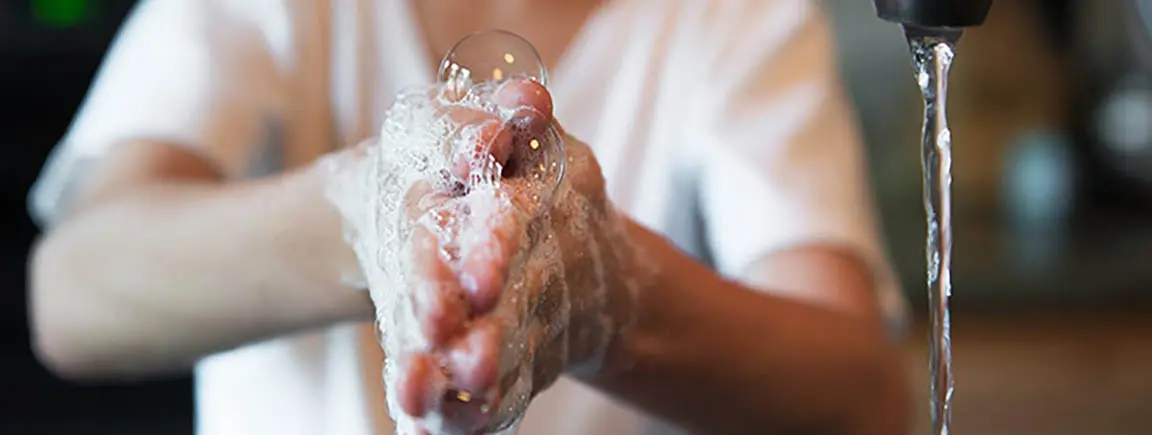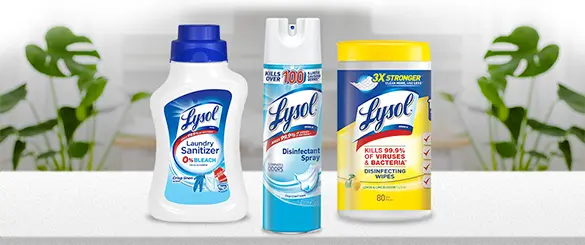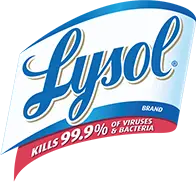Preventing Germs from Spreading
5 Tips for Creating Healthy Hygiene Habits
Teaching healthy habits for life means starting at a young age. Unfortunately, hygiene isn't a top priority for kids. But don't give up too easily. Hygiene isn't just about maintaining appearances – it's an active way to prevent the spread of viruses and bacteria.

A cleaner kid is a healthier kid, so it's important to keep teaching your child the basics.
Read through these tips to start creating healthy habits for life, today.
Tip 1: The hands have it
The number one thing that your child should take away from any hygiene lesson is the importance of washing hands. Most of the time, you don't even realize how active your hands are during the day – opening doors, flushing the toilet, swiping your tablet or phone. Every activity you use your hands for is just another way of spreading germs. Teach your child to wash their hands after going to the bathroom, before meals and after playing outdoors to reduce the risk of spreading bacteria.
Read More Ways to Make Hand Washing Fun For Kids
Tips 2: The post-potty clean up
Make a mark on the bathroom wall under the roll of toilet paper to teach your child how much is an appropriate amount. And be sure to remind them that the job isn't done until the last swipe leaves a totally clean piece of paper. Let's face it, everybody potties. Like washing hands, wiping is one of those things that needs to be done right. A lot of children have trouble mastering this particular step, so you and your child should never feel embarrassed. From too much toilet paper to too little wiping, moms everywhere have seen it all. Most important, never act grossed out or embarrassed. If you're embarrassed, your child will be too and may think this step is OK to skip.
Tip 3: Hair care and wear
While there's no need to wash your child's hair every day (this often leads to both dry hair and scalp), it is important to keep brushing and to get regular cuts. Right up there with an aversion to green vegetables is the aversion to a comb or brush. A lot of kids hate having their hair brushed and never really grow out of it. But brushing your hair not only keeps it from getting unruly and tangled, it also removes dead skin cells from your scalp.
Tip 4: Grin and bear it
Parents should brush the teeth of small children and toddlers to start out and eventually let them begin to brush their own teeth at around age five or six. Try singing a song as you brush so that your child learns the right amount of time to brush. Older kids should also be shown how to floss as well as use mouthwash, too. And don't leave the tongue feeling left out. Halitosis is common in children and can often result from poor brushing. While your children may still have baby teeth, teaching the importance of brushing at an early age will help instill healthy habits for life.
Tip 5: Splish, splash when you're taking a bath
Make bath time fun by allowing toys and colorful products and be sure to encourage splashing! Splashing helps to get water and soap in those hard to reach areas like armpits and behind the ears.





